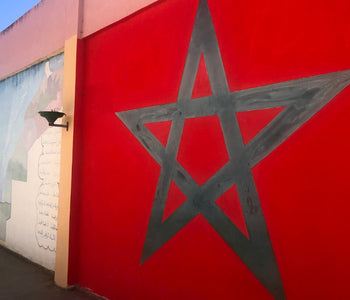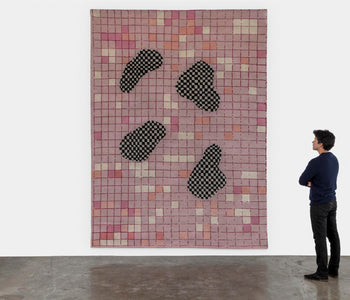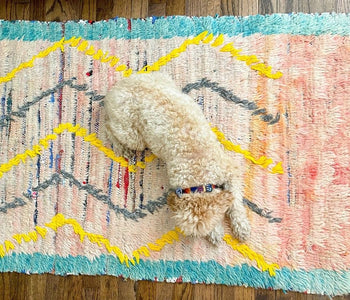Empty streets in Marrakech: Morocco's Covid-19 lockdown
May 1, 2020

Anyone who has visited Marrakch's iconic Jemaa el Fna square knows that it is can be an overwhelming cacophony of sights, sounds, and smells. Under normal circumstances, vendors of all ilk press together to hawk their wares to tourists at all hours of the day and night.
This is in direct contrast to the Marrakech of the Covid era. A friend sent me this time-lapse video taken in Marrakech's medina. The video starts in the Rahba Kedima square, winds through the eerily empty souks, and eventually spills out into a vacant and ghostly Jemaa el Fna square, framed in the background by the Koutoubia mosque.
Clearly these are not normal times. Morocco sprung into action on March 18th, in response to the growing worldwide pandemic. At first, the country asked its people to voluntarily restrict movement as a way to slow the spread of the virus. At that point, Morocco had 49 confirmed cases of Covid-19, two fatalities, and one full recovery.
Then, on March 19th, the government declared a State of Emergency. The lockdown was no longer voluntary; it was now enforceable by state police.
Within two days, Morocco began closing international airports. This came much to the surprise of tourists who missed the memo that Morocco was now closed for business. A small window of time remained for travelers to leave Morocco on a handful of very expensive, chartered, one-way flights.
And then the country closed down.
Two months later, the borders remain closed; the best estimate of when they'll reopen is the end of May. For now, we sit and wait and dream about filling those streets once more. Until we meet again.
Recent Rug Journal articles
Morocco Earthquake - Disaster Relief and Recovery
Many of you have asked what you can do to help in light of Morocco's recent 7.0 earthquake. We’ve compiled a list of trusted nonprofits below. Any help that you can give for rebuilding, recovery, and relief will be greatly appreciated.
Read moreHow to hang Moroccan rugs
Read more about our three-step process for hanging Moroccan rugs on the wall. The process was developed by textile conservationists at art museums and we love how easy it is to replicate.
Read moreMoroccan Boucherouite Rugs
Known for their bright colors, cotton fibers, and eccentric patterns, these Moroccan rag rugs emerged as a way for artisans to upcycle clothing and leftover fibers. Learn more about this iconic weaving style.
Read moreReturn to Rug Journal
Read moreBrowse articles by topic

Meet the Artisans
Meet the weavers behind your rugs. Learn about the rug weaving process and get a behind the scenes look at Kantara's collection of Moroccan rugs.
Read More
Custom design
Browse through the highlight reel of past Moroccan rugs that we custom designed. Learn more about the process, and witness the final mise en place.
Read More
Moroccan Rugs
Let's talk about rugs. Not just about Beni Ourains and Azilal rugs, but about all the rugs in Morocco. Learn about different Moroccan rug weaving styles, their history, and more.
View More
Morocco
The Sahara desert is as vast as Morocco is diverse. From the nation's many languages and alphabets, to the ever-changing landscapes, to the confluence of Amazigh and Arab culture. Learn more about this country of contrasts.
View MoreTalk about your website
Use this text to share information about your brand with your customers.
Describe a product, share announcements, or welcome customers to your store.



